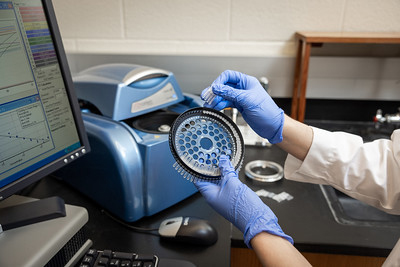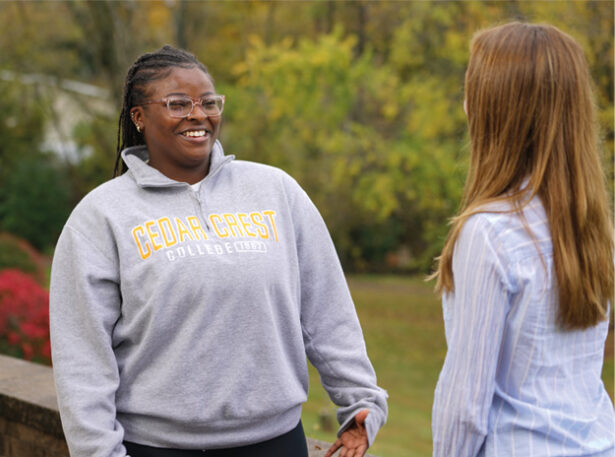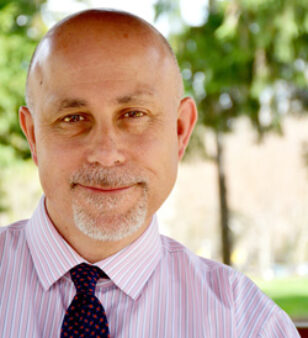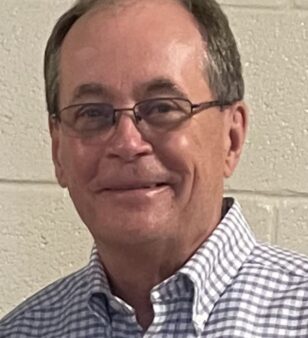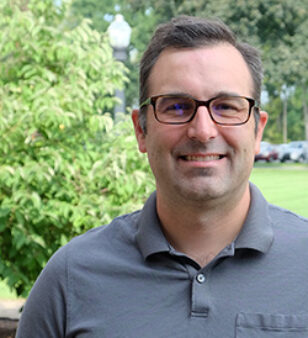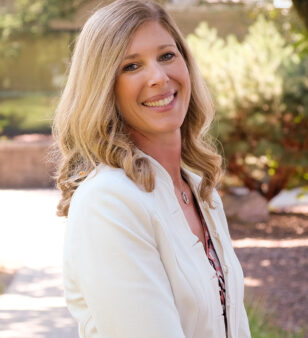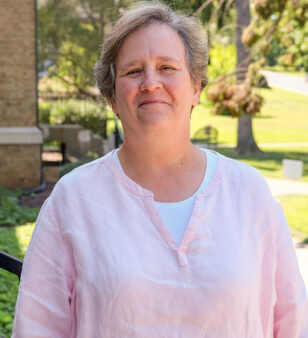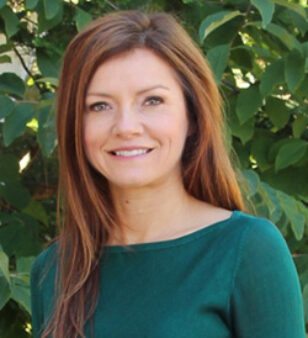Because you’re fascinated by the field of forensic science we see you furthering your education at Cedar Crest College.
Our accredited Master of Science in Forensic Science degree is a full-time, two-year program designed to prepare students for the challenges of the 21st century by providing:
- Theoretical and practical background in all areas of criminalistics
- Meaningful forensic science research experience
- Develop and practice excellent written and oral communication skills to present research and courtroom testimony
- The program is fully accredited by the Forensic Science Educational Programs Accreditation Commission (FEPAC) of the American Academy of Forensic Sciences.
